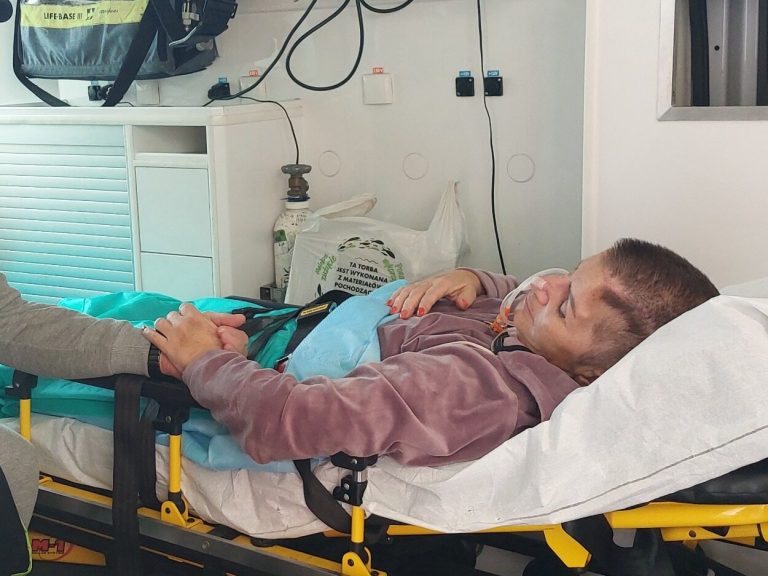Enterocolitis attacks children in September. Diarrhea is not the only symptom

Diarrhea is one of the most common problems that parents of sick children present to clinics today. Doctors explain that it may indicate enterocolitis, i.e. stomach flu.
Small children aged 6 months to 3 years most often suffer from enterocolitis (so-called stomach flu). Doctors explain that this is because both the digestive and immune systems are not fully mature at this age and cannot defend themselves against pathogens. However, adults can also suffer from enteritis. It is an infectious disease. Infection occurs through food, sometimes through droplets or contact with infected objects. Children who attend nurseries and kindergartens, where they have contact with a large group of peers, are more likely to suffer from it. According to doctors, the number of infections increases in September.
Enteritis is most often caused by viruses. This happens in as many as 80 percent of cases. Rotaviruses are among the most dangerous, as infection with them often leads to dehydration, and in such cases even hospital treatment is necessary. The infection, although less frequently, can also be caused by adenoviruses, noroviruses, and bacteria, most often from the Campylobacter group.
Intestinal disease in a child – symptoms
Approximately 2-4 days pass from the moment of infection to the appearance of the first symptoms of the disease. The infection usually begins with weakness and loss of appetite. Subfebrile or fever appears, as well as typical symptoms of upper respiratory tract infection (runny nose, sneezing, sore throat). However, the target place for rotaviruses to multiply is the intestines and stomach, which is why the symptoms listed above are quickly joined by:
-
watery diarrhea
-
stomachache,
-
vomiting.
How to diagnose and treat enterocolitis?
If your child has diarrhea, you should always consult your doctor. Also, if other symptoms occur, there is no need to delay visiting a pediatrician. If the disease is severe, it may lead to dehydration of the body, water-electrolyte and acid-base disturbances, which pose a threat not only to the health but also to the life of the child. Treatment of intestinal flu is based primarily on alleviating symptoms, hydrating the body and replenishing electrolytes. As doctors emphasize, The most common mistake parents make is giving their child too little fluids, because they do not realize the importance of the problem or they explain that the child did not want to drink. In such cases, it is recommended to give the child small, but frequent fluids.
It is also important to follow an easily digestible diet so that it does not additionally irritate the digestive system. During enterocolitis, children can be treated with probiotics and preparations that protect the gastrointestinal mucosa, shorten the duration of diarrhea and reduce the number of stools. However, it is not recommended to use medications that stop diarrhea or anti-emetics.
Sources:
-
Gajewski P., Szczeklik A., Szczeklik’s internal medicineMP, Kraków 2013,
-
health WPROST.pl






